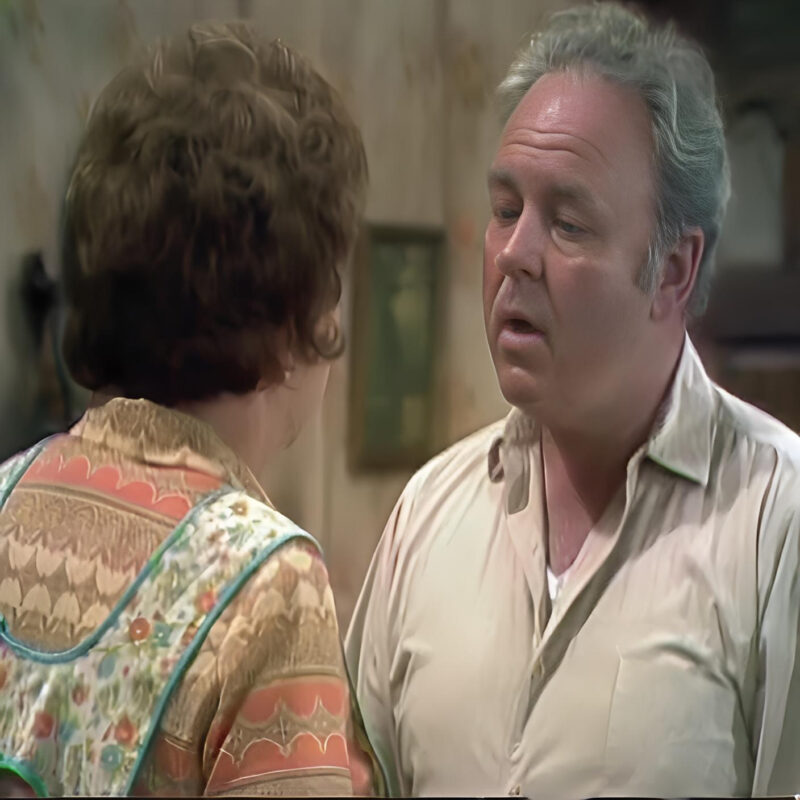
Renowned playwright and feminist activist Eve Ensler has offered a critical perspective on the iconic television show “All in the Family” and its portrayal of gender issues. While the show has been celebrated for addressing controversial social topics, Ensler believes that its treatment of gender and women’s issues is deeply flawed and reinforces negative stereotypes.
Ensler, best known for her groundbreaking work “The Vagina Monologues,” argues that “All in the Family” often falls short in its depiction of female characters and their roles in society. The show, which aired from 1971 to 1979, centers around the character Archie Bunker, a working-class man with bigoted views. While Archie’s prejudices are meant to be satirical, Ensler contends that the humor often comes at the expense of meaningful commentary on gender equality.
One of Ensler’s primary concerns is the portrayal of Edith Bunker, Archie’s wife. Edith is often depicted as submissive and deferential, embodying traditional gender roles that undermine the feminist movement’s efforts to promote women’s independence and strength. “Edith Bunker is portrayed as a kind and loving wife, but her character is largely defined by her subservience to Archie,” Ensler explains. “This dynamic perpetuates the idea that women should tolerate disrespect and belittlement in their relationships.”
Moreover, Ensler criticizes the show’s tendency to use gender stereotypes for comedic effect. The character of Gloria, Archie and Edith’s daughter, is often caught between the progressive ideals of the women’s liberation movement and her father’s conservative views. While Gloria’s attempts to assert her independence are a central theme, Ensler argues that these moments are frequently undermined by the show’s humor, which tends to trivialize her struggles rather than highlight the systemic issues she faces.
Ensler also points out that “All in the Family” rarely provides a platform for serious discussions about women’s rights and gender equality. “The show had the opportunity to delve deeper into the complexities of gender issues,” she says. “Instead, it often relied on outdated stereotypes and simplistic portrayals that did little to challenge the status quo.”
Despite her criticisms, Ensler acknowledges that “All in the Family” was groundbreaking in many ways, particularly in its willingness to tackle difficult social issues. However, she believes that its approach to gender falls short of the progress needed to advance women’s rights. “We need media that not only addresses these issues but does so in a way that empowers women and challenges harmful stereotypes,” Ensler concludes.
In a time when conversations about gender equality are more important than ever, Ensler’s critique of “All in the Family” serves as a reminder of the need for thoughtful and nuanced portrayals of women in media. Her insights call for a reexamination of how television shows, both past and present, can better contribute to the ongoing struggle for gender equality.
